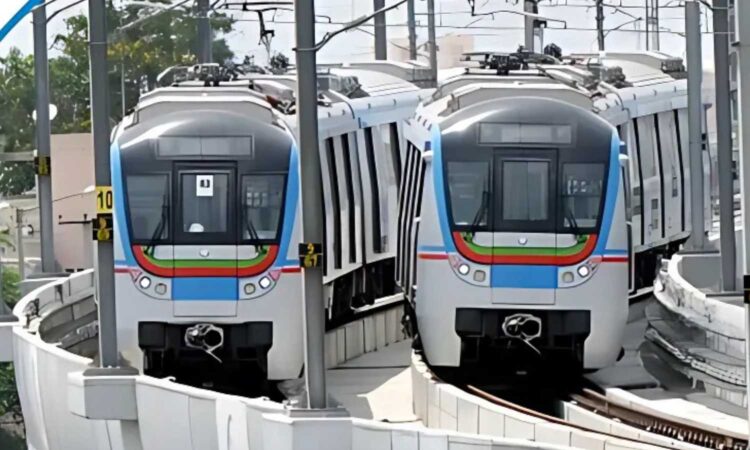Hyderabad: The Hyderabad Metro Rail project is making global headlines for all the right reasons. In a rare honour, Harvard University has spotlighted the city’s ambitious transit system in a newly published case study featured in the Harvard Business Review. The study recognises the Metro as one of the largest and most successful public-private partnership (PPP) metro rail projects in the world.
The report charts the Metro’s journey from a rocky start to international recognition. It doesn’t shy away from the early challenges—tough land acquisition battles, political hurdles, and initial public scepticism. But it also highlights how strong leadership, particularly from Metro Managing Director NVS Reddy, helped navigate those stormy waters.
Harvard credits the project’s success to a mix of visionary planning, seamless collaboration across sectors, and smart governance. From embracing cutting-edge tech to striking innovative financial deals, the Metro set itself apart on multiple fronts.
The case study also dives into how the project tackled complex social and institutional challenges. Through strategic negotiation, solid engineering, and persistent diplomacy, the team behind the Hyderabad Metro managed to keep things on track—literally and figuratively.
Now fully operational and widely respected, the Metro is more than just a transportation network. Harvard calls it a blueprint for future urban development—an example for cities everywhere aiming to build infrastructure that’s both sustainable and scalable.
The full study is now available on the Harvard Business Publishing platform.










